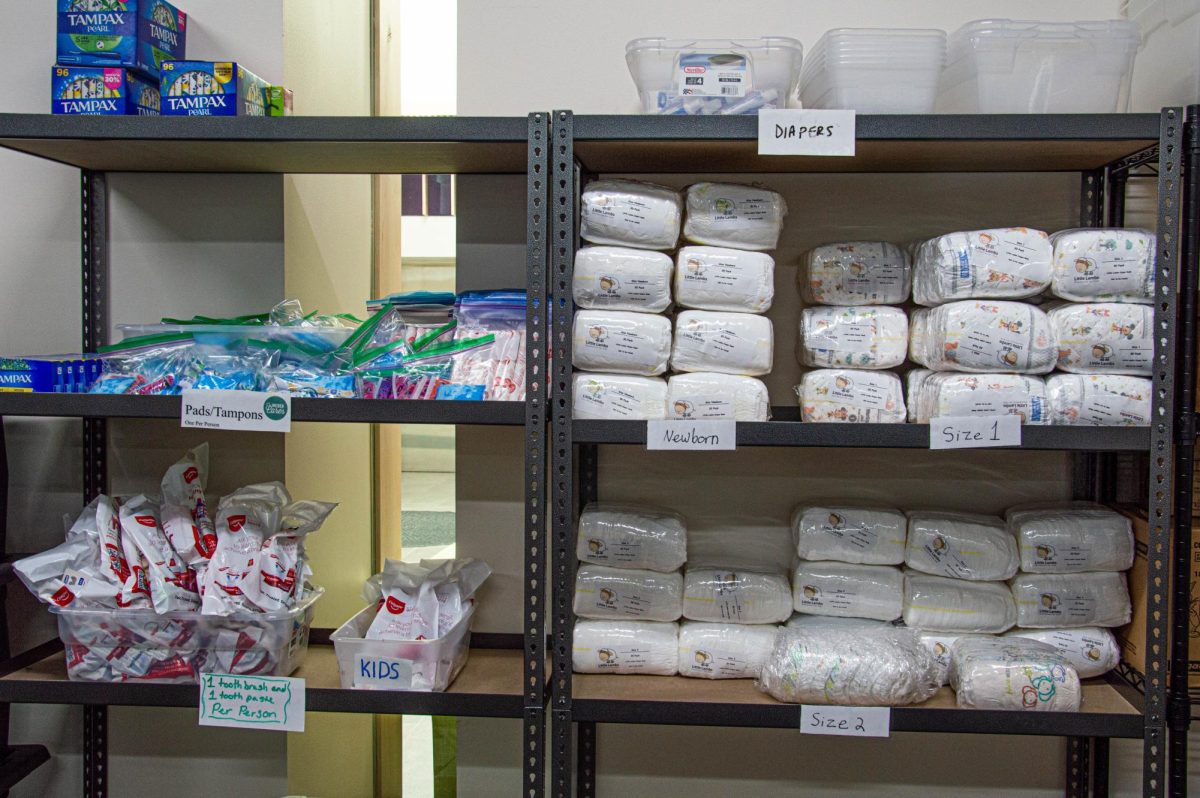
Technology, globalization and less-restricted borders contribute to the blending of culture, leaving few areas of the world untouched. Faced with an increase in international trade and commerce, a growing need for precise communication and the desire to travel, students who take advantage of WSU’s foreign language programs can gain a serious edge in today’s competitive job market.
Dr. Craig Bergeson, Professor of Spanish and the Foreign Language Department Chair, said, “Learning another language makes you smarter. It develops the brain in a way that nothing else can.” In other words, learning another language provides the cognitive skills necessary for success in the 21st century.
According to Business Insider, “Bilingualism provides benefits beyond the ability to ask for directions. … The brains of polyglots operate differently than those of unilingual folk. Regular use of a second language sharpens many cognitive skills, and it’s even been found to make you appear more attractive.”
Business Insider also suggested that people who learn a foreign language improve their attention span, ability to multitask, decision making and memory retention. In addition, polyglots also increase the actual, physical size of their brain.
In comparison to other universities, Weber State’s foreign language programs offer a unique approach to language learning and comprehension.
Dr. Bergeson explained that in the early ’80s, the American Council on the Teaching of Foreign Languages developed descriptions of different levels of proficiency, based off the military language learning programs.
In the early ’90s, the department chair at Weber State brought in the ACTFL to train the WSU faculty on oral proficiency. The foreign language curriculum then adopted methods that would encourage students to achieve “the highest level of proficiency possible to function professionally,” said Dr. Bergeson.
In addition to improving brain function, learning a foreign language also opens the doors to new opportunities.
Dr. John Trimble, an assistant professor of Spanish, said, “A foreign language is a key that gives you access to communication with a new part of the world.”
After moving to Costa Rica at age 15 with his family, Dr. Trimble’s interest in foreign language “sparked early.” He later worked in Chile as an English teacher before continuing his post-baccalaureate degrees.
Dr. Trimble also noted that students who participate in the foreign language department at WSU gain access to a diverse group of students and have the chance to bond with their classmates, due to the small class sizes and large amounts of speaking and getting-to-know each other activities done in language classes.
“It’s a way to meet students across campus,” Dr. Trimble added.
WSU offers classes in American Sign Language, Chinese, French, German, Japanese, Italian, Portuguese and Spanish.
Study abroad programs in countries like Costa Rica, Japan, China and France are offered, varying from year to year, as well as student exchange programs in Bayreuth, Germany, and Osaka, Japan — where students can experience university life in these countries.
Brady Craft, who attends German classes at Weber, says he is learning German because “Germany is the number one (in the world) for commerce and exports the most goods to the United States.” Craft believes the added language skills will give him a head start in the business world.
“(Learning a language) expanded my understanding of cultures, especially being involved in the language,” Craft said. “I’m also able to think outside the box.”
“I don’t want to live in the U.S. my whole life,” said Alice Hazelton, a communications major and German minor. “When you understand (another) language, native speakers of that language see you trying to communicate with them.”
For incoming, returning or transferring students who feel their language skills are above that of a lower division class, they can register for an upper division class. Once they pass the class with a “C” or better, they can then purchase the lower division credits for $10 per class.
At Weber, said Dr. Bergeson, “It’s all about communicating.”



















